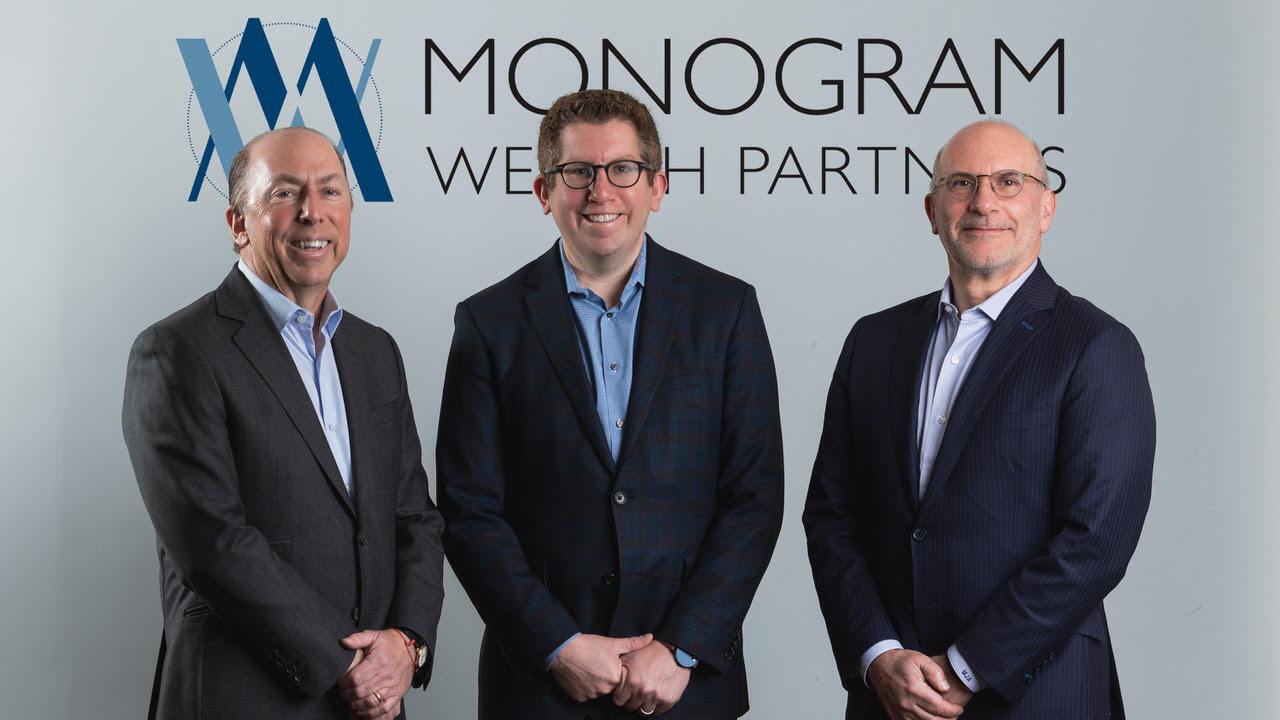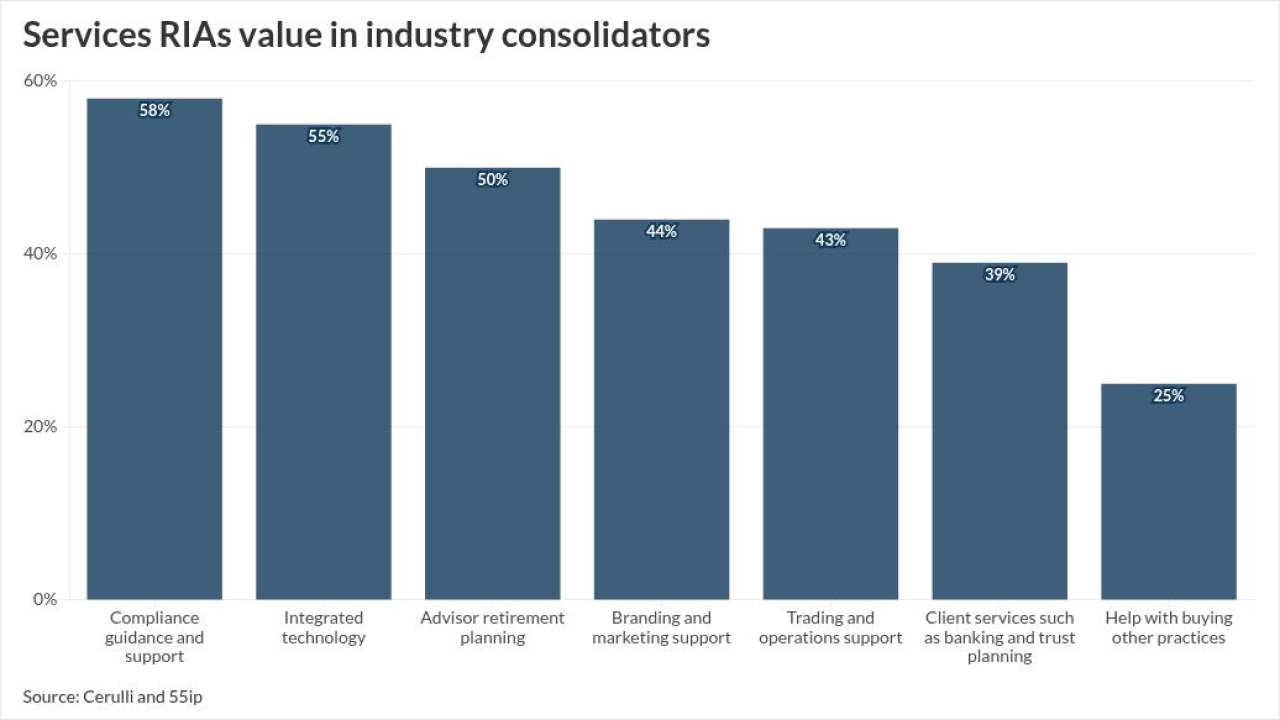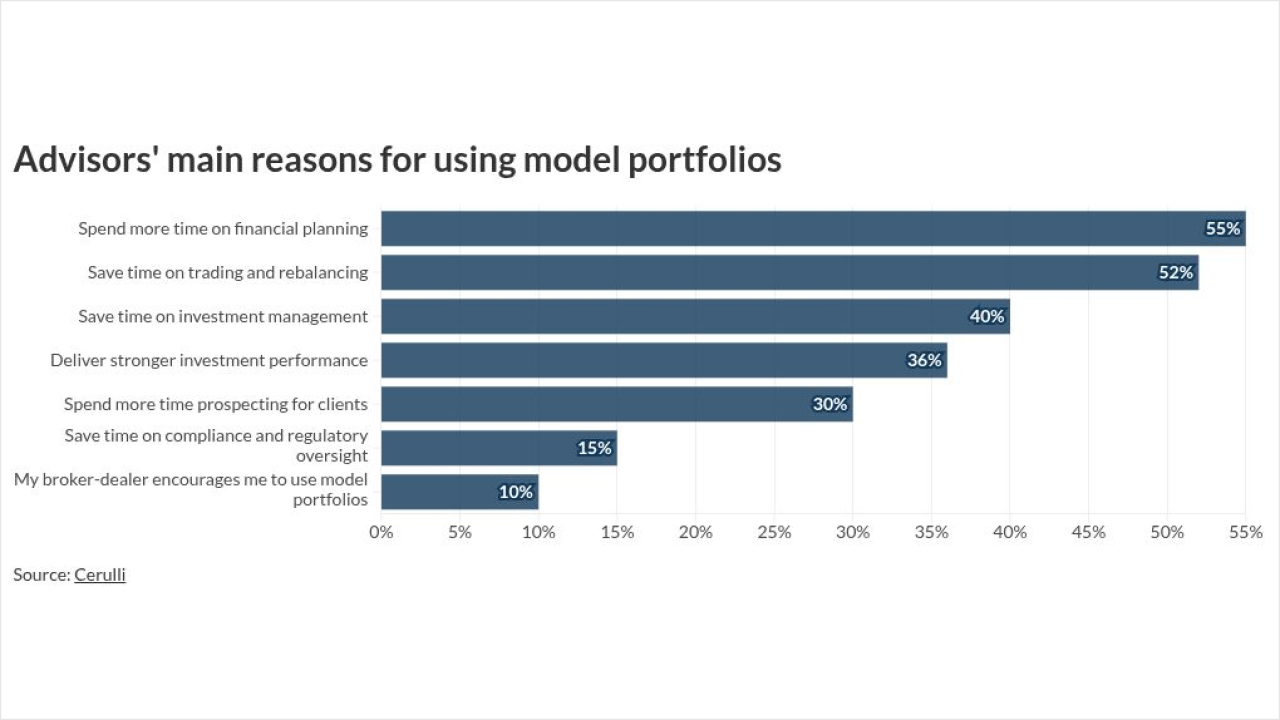Investors have taken on more risk during the bull market and need to avoid becoming too comfortable with current returns, said Tim Buckley, Vanguard’s new chief executive.
“Volatile times are coming,” Buckley said. “I just don’t know when.”
That view represents the balancing act Buckley faces as he takes the helm of the world’s largest mutual fund company. Vanguard oversees $5 trillion in assets and last year attracted a record $368 billion. The challenge for Buckley, 48, isn’t just managing the growth. It’s ensuring the firm keeps investors’ feet on the ground.
Buckley took over on Jan. 1, succeeding F. William McNabb. Over the course of his career he has been Vanguard’s chief information officer, its chief investment officer and head of its retail investor group. He has a bachelor’s degree and an MBA from Harvard.

In an interview with Bloomberg News on Jan. 12, Buckley — who started at the firm in 1991 as an assistant to founder John Bogle — spoke about market risks, avoiding complacency and expanding abroad.
Q. You began your career working for Jack Bogle. What did you learn in that job that will be useful to you now?
A. Getting a chance to work for the founder was invaluable. What really sticks with me are the investment principles that were hammered into me early on: costs matter and putting the clients first.
Q. Vanguard once had the low-cost end of the market to itself. Today a growing group of competitors offer similar products at equally low prices, sometimes even lower prices. What’s Vanguard’s edge?
A. We are low-cost across the board. We give you peace of mind so you don’t have to think about it or shop around, whether it is passive or active products. You can probably find a product here or there from another company that matches Vanguard, but you won’t find the value Vanguard offers across-the-board anywhere else.
Q. What’s driving so much money to products that track indexes?
A. Active management has become extremely competitive, more competitive than it has ever been. Most assets today are professionally managed. In the zero-sum game of active management, that means it’s tough to get excess returns. And prices have not come down commensurately, so too often that excess return is confiscated by high fees. Until expenses come down, active management will have a tough time outperforming the index.
-
The activity began last Friday when 6.4 million shares hit the tape, fueling a record daily inflow for the fund.
July 29 -
The new data will allow retail investors to better compare active and passive funds.
April 5 -
Asset managers are seeking alternatives to standard mutual fund products.
May 6
Q. It might surprise people to know Vanguard has been beefing up its active bond team. Why is that?
A. Vanguard’s low-fee, low-risk approach to fixed income translates across different categories. Imagine that the returns in fixed income is money spread across the highway: the big bills are in the center and the loose change is on the side. All of our competitors have to run into traffic to pick up the big bills. We can pick up the money on the side. We don’t have to take as much risk because of our low-fee structure.
Q. What are the benefits of Vanguard getting so much bigger?
A. You can see it in our expense-ratio line. We share our greater economies of scale. For every basis point we cut, we save our shareholders $500 million. That is a lot of money. Scale also gives us the ability to invest in new services, technology and innovative products.
Q. And the downside?
A. The downside of success is complacency. People start to think they are entitled to that success. We abhor complacency. We hate reading articles about Vanguard being tops in cash flow or about Vanguard’s size and success. I’d like to toss those aside and talk about what we are trying to do to improve the experience for clients. That is our war cry.
Q. Can Vanguard duplicate the success it has had in the U.S. in other countries?
A. The value we provide does not have geographic boundaries. In certain markets, like Australia, the U.K. and Canada, our message has resonated well. When we enter a market, if there is even a hint we are going to enter, all the competitors start to drop their prices. Does that make it tough on us? Yes. But at the end of the day it’s better for the investor.
Many U.S. stock funds posted double-digit percentage gains, but international equities fared even better. Which were the biggest winners?
Q. What about China?
A. China is a long play. Potentially there is incredible value for clients in China if you could bring a disciplined approach to investing there, one with an eye to low turnover, toward not chasing returns and keeping expenses low. The Chinese investor could benefit. It is not something that will happen overnight.
Q. What message are you trying to convey to investors these days?
A. We have had a nice long bull market. There is more risk in portfolios than there was in the past. Allocations to equity are higher and values are somewhat stretched. We want to be sure investors stick with their plan and stick with their bonds, which can help in tough times.
Q. Some of Vanguard’s competitors specifically target millennial investors? How do you fare with that audience?
A. We do well with millennials. We are a virtual firm. We invest heavily in technology, which is something millennials flock to. They are demanding clients so we have to keep improving for them. We can’t take their needs for granted.






